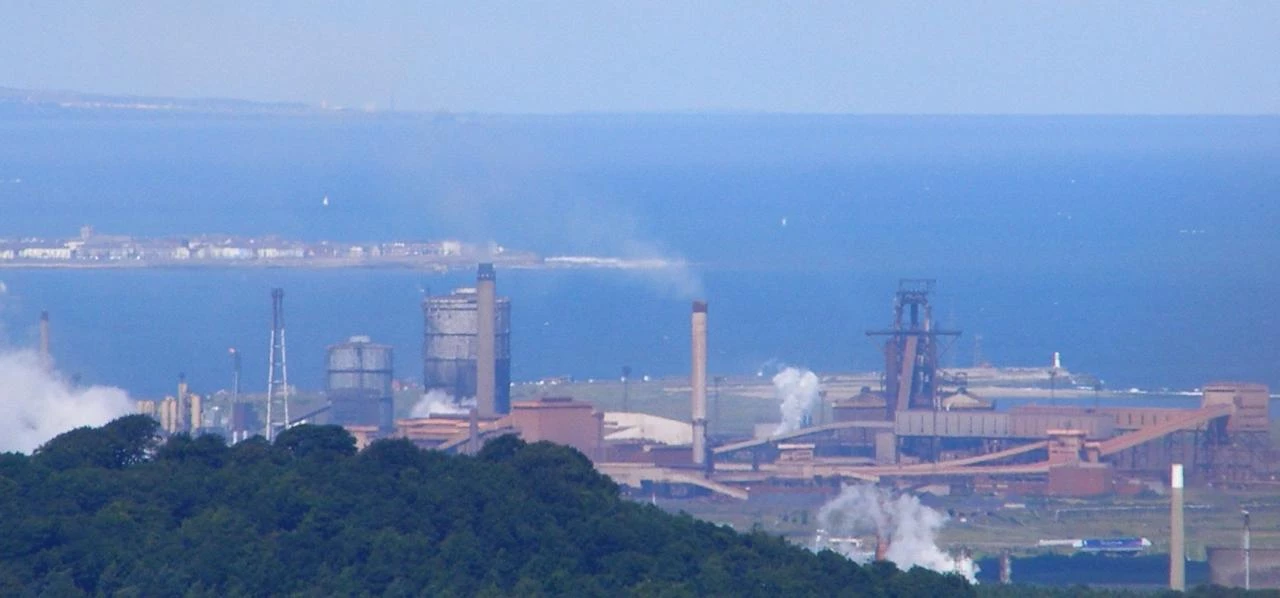
Partner Article
Brexit uncertainty to grind British manufacturing investment, suggests annual survey
Britain’s manufacturers are set to pare back their investment in plant and machinery over the next two years in response to increased uncertainty about the demand outlook, according to a major annual survey of manufacturers published today by EEF, the manufacturers’ organisation, and Santander.
In addition, a hefty spike in political uncertainty since the Referendum, the highest in the history of the survey, is adding another layer of complexity to manufacturers’ investment plans. This double whammy of demand and political uncertainty is inevitably adding caution to manufacturers’ investment decisions.
Nevertheless, the EEF/Santander 2016 Investment Monitor, conducted in March and again in August to assess any post-Brexit impact, shows that investment remains stable in the short term, with firms planning to continue investing to satisfy current capital and customer needs. But the outlook further ahead is far more uncertain as major developments over the coming year and beyond could tip the investment balance either way.
The survey also highlights the changing pattern of investment in modern manufacturing with an increased focus on intangible investments in areas such as innovation and branding, the impact of companies broadening their investment to tap into new markets and activity, as well as the variation in investment across different manufacturing sectors.
Liz Mayes, Director of EEF North Region, said: “Fears of an immediate collapse in business investment appear to be unfounded for now.
“UK manufacturers have been investing at a healthy pace in recent years and while that rate of increase wasn’t going to continue forever, keeping up with customer needs and the competition is ensuring that investment stays on track for many.
“But, the spike in political risk should not go unnoticed. There is caution amongst businesses, which will inevitably make it more difficult to get big decisions across the line.
“It’s over to the Autumn statement now to press ahead with policies that further enhance the UK business environment for spending on modern machinery and increasingly important intangible investment.”
Charles Garfit, head of manufacturing at Santander Corporate & Commercial, said: “It is an understandable reaction from manufacturers to scale back on investment, given the uncertainty, particularly as it follows a relatively buoyant phase for the sector.
“However, manufacturers are also seizing the moment as there are emerging opportunities for ramping up export activity and diversifying operations for manufacturers of all sizes.”
According to the survey 60% of manufacturers are planning to spend the same or less on plant and machinery over the next two years, up from 54% in 2015 and 51% in 2014. The proportion of manufacturers spending a higher percentage of their business turnover – 25% or more – has also fallen by half, to 5% in 2016 from 10% back in 2014.
Order book uncertainty is the top reason weighing on manufacturers confidence to invest over the next two years with around 43% of manufacturers citing this factor as a reason for not increasing investment. This compares to just 21% in 2015.
However, while manufacturers’ view of export prospects improved between March and August on the back of better demand in Europe and the United States, they have become more pessimistic about the prospects for the domestic outlook. Furthermore, in March 5% of companies cited political uncertainty as a reason for not increasing investment, by August this has jumped to one in four.
In contrast, where manufacturers are planning to increase investment in plant and machinery almost 40% of companies cited expanding into new areas of activity as a reason. More importantly the proportion of companies citing this as the main reason for increasing investment has increased from 16% in 2015 to a quarter this year.
The survey also indicates that a shift in investment patterns has been underway to give manufacturers a competitive edge in tough markets. Almost six in ten companies cited investment in intangibles as becoming more important than spending on plant and machinery, up from 45% in 2015 and double the figure in 2014. With the impact of the 4thindustrial revolution and competition in the global race for technology this shift in the investment mix is set to continue.
The importance of intangibles investment, in particular R&D, is reflected in the performance of different manufacturing sub-sectors over time, a factor likely to increase companies’ ability to compete globally and take advantage of technological advances such as the rise of digital technologies.
Looking to promote your product/service to SME businesses in your region? Find out how Bdaily can help →
Enjoy the read? Get Bdaily delivered.
Sign up to receive our popular morning National email for free.








 Restoring confidence for the economic road ahead
Restoring confidence for the economic road ahead
 Ready to scale? Buy-and-build offers opportunity
Ready to scale? Buy-and-build offers opportunity
 When will our regional economy grow?
When will our regional economy grow?
 Creating a thriving North East construction sector
Creating a thriving North East construction sector
 Why investors are still backing the North East
Why investors are still backing the North East
 Time to stop risking Britain’s family businesses
Time to stop risking Britain’s family businesses
 A year of growth, collaboration and impact
A year of growth, collaboration and impact
 2000 reasons for North East business positivity
2000 reasons for North East business positivity
 How to make your growth strategy deliver in 2026
How to make your growth strategy deliver in 2026
 Powering a new wave of regional screen indies
Powering a new wave of regional screen indies
 A new year and a new outlook for property scene
A new year and a new outlook for property scene
 Zero per cent - but maximum brand exposure
Zero per cent - but maximum brand exposure